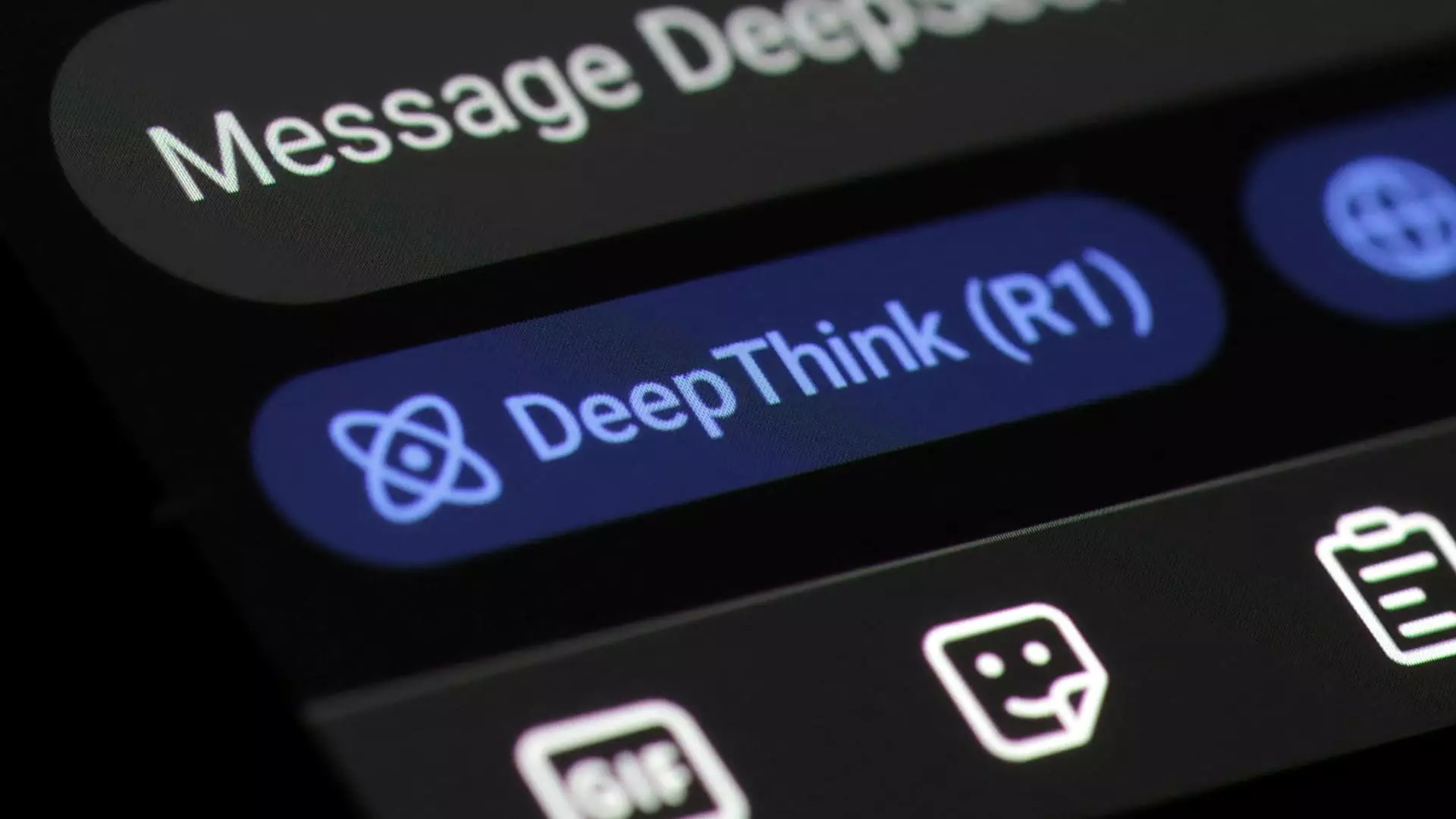The recent controversy surrounding DeepSeek, a Chinese company claiming to have developed an advanced AI language model at a fraction of the cost of its competitors, has stirred significant concern in trade and regulatory circles. The focus of this scrutiny is primarily on the United States’ export regulations related to advanced semiconductor technology. In a rapidly evolving landscape, where businesses leverage technology to gain competitive edges, the responsibilities surrounding compliance with international laws become paramount.
DeepSeek’s announcement that its language model outperformed that of OpenAI sent shockwaves through tech and financial markets. However, the excitement was short-lived as questions regarding the source of the chips powering its R1 reasoning model began to surface. The U.S. has stringent export controls aimed at restricting access to advanced technologies, particularly AI chips, to nations like China. Such restrictions are rooted in national security concerns and the desire to maintain technological superiority.
Bloomberg reported that U.S. officials are investigating whether DeepSeek acquired advanced chips from Nvidia, potentially through intermediary channels based in Singapore. This situation underscores the complexities of international trade in technology and the meticulous scrutiny companies must adhere to when navigating these waters.
Nvidia, a pivotal player in the semiconductor industry, promptly communicated that its chips were compliant with U.S. export laws. This assurance was aimed at alleviating fears about potential regulatory breaches linked to DeepSeek’s operations. It is crucial to note that Nvidia generates a substantial portion of its revenue from Singapore, highlighting the island nation’s role as a critical hub for the technology sector. However, they also clarified that most of their shipments related to Singapore were intended for markets outside the country, indicating careful logistical planning to avoid complications.
The Ministry of Trade and Industry (MTI) of Singapore reiterated expectations for U.S. companies to follow export controls, emphasizing Singapore’s commitment to the rule of law. This perspective highlights a cooperative stance while maintaining a strict regulatory environment governing technology transactions.
The situation illuminates broader complexities within global trade and regulatory frameworks. Countries must balance fostering innovation and ensuring that emerging technologies do not contribute to geopolitical tensions. As technology becomes increasingly globalized, maintaining compliance with varying regulations across nations complicates operations for firms. For companies like Nvidia, there is a fine line between engaging in profitable business in a booming market like China and ensuring that they are not inadvertently breaching export laws.
As DeepSeek continues to navigate the scrutiny surrounding its AI model’s development, the ramifications of this situation extend significantly beyond the immediate companies involved. It reflects the intricate relationship between technological advancement and international law, illustrating the challenges that arise when innovation collides with national security. The consequences of such scrutiny could reshape the landscape of AI development, potentially stifling collaboration or fostering a more careful, compliant approach among stakeholders. As the conversation evolves, the need for clear and consistent regulations will be more important than ever for the global tech industry.


Leave a Reply